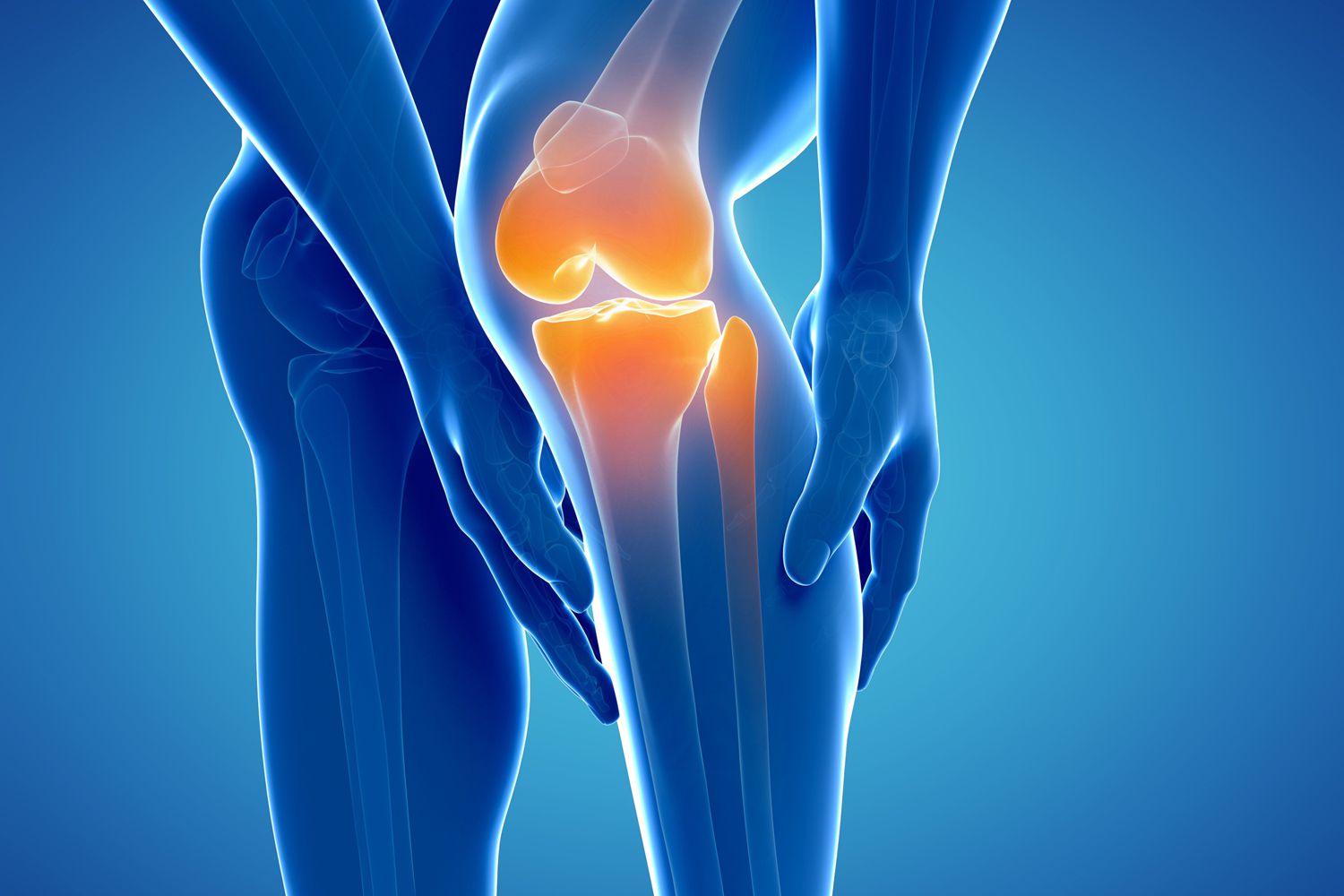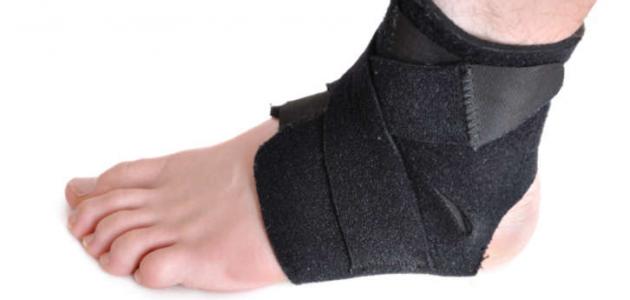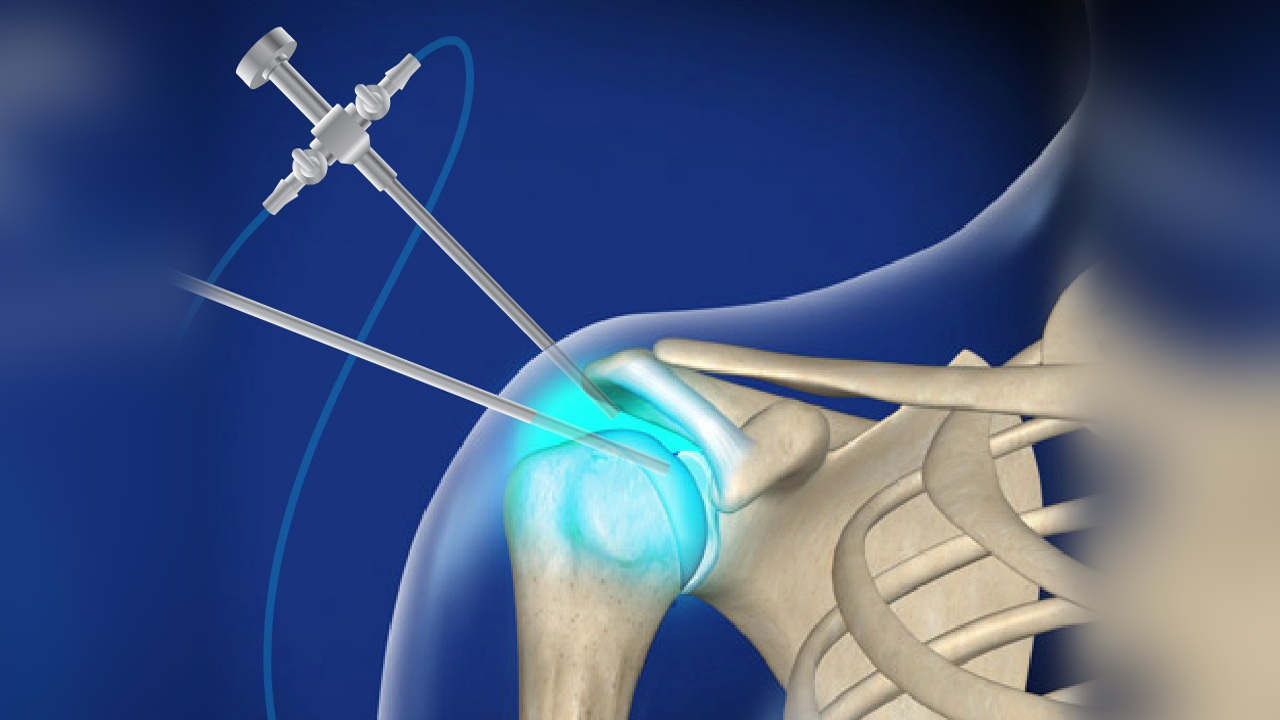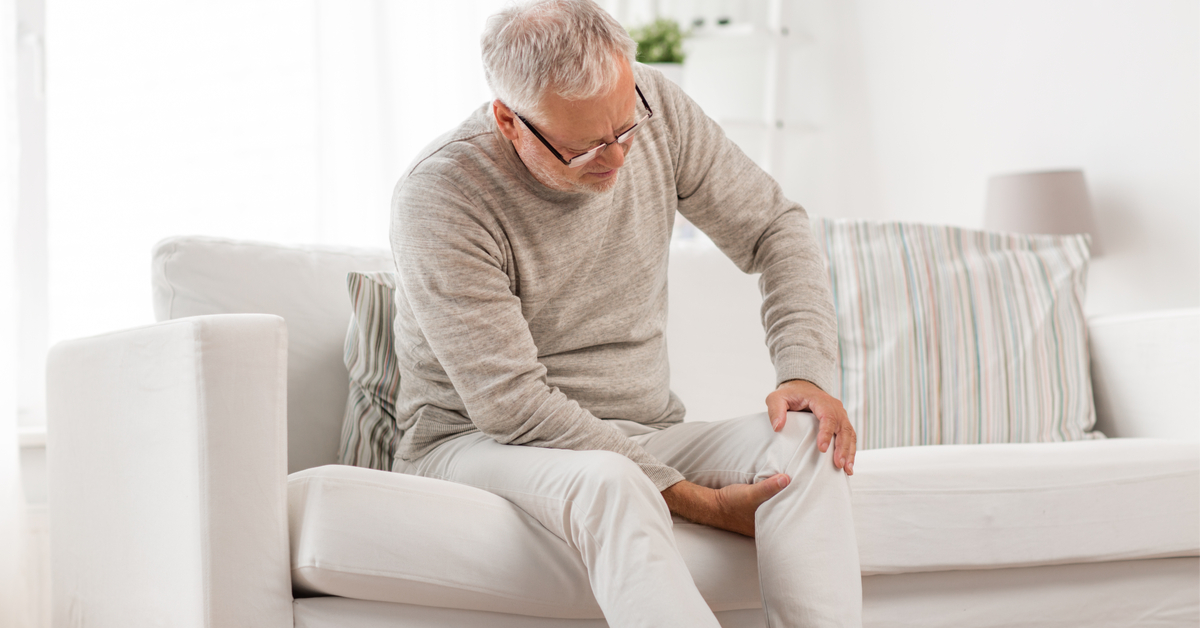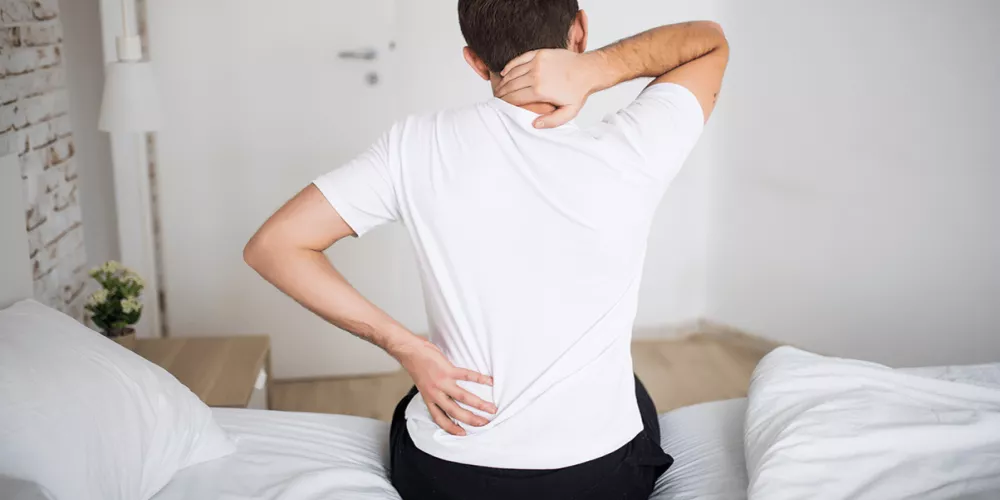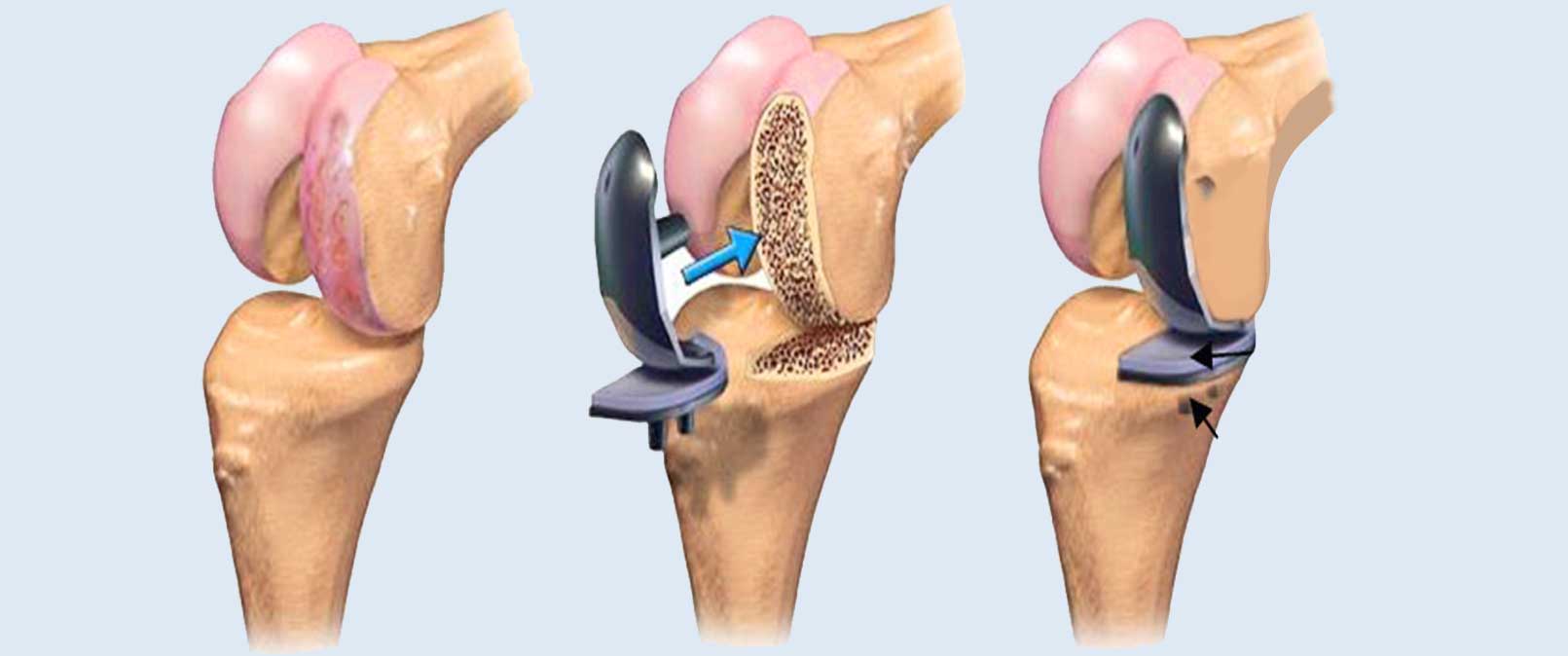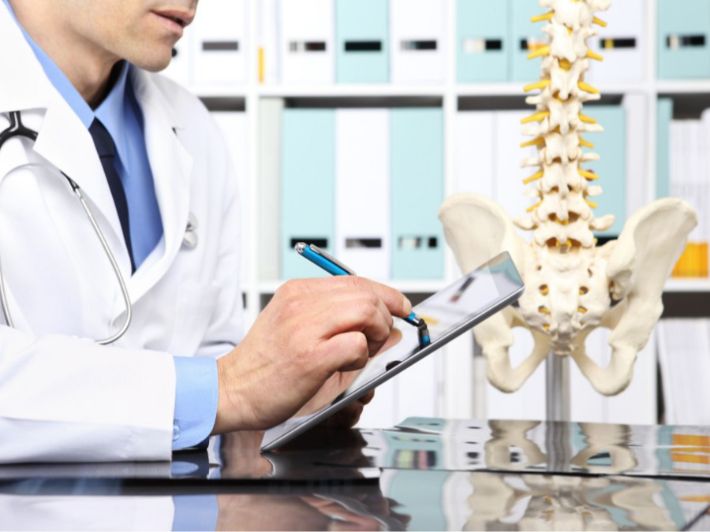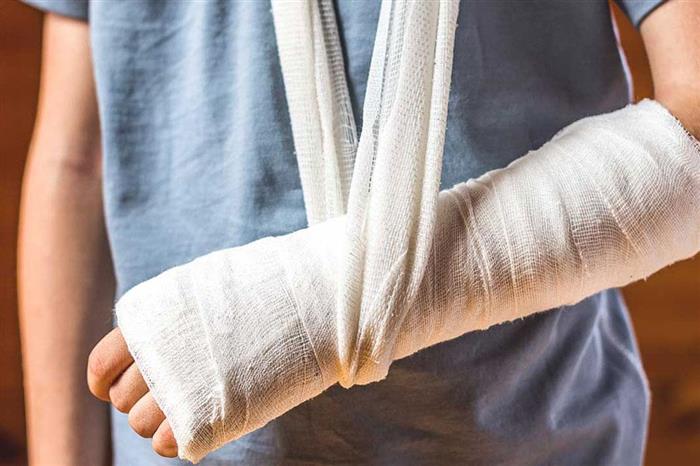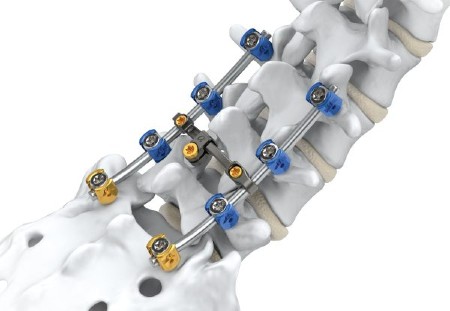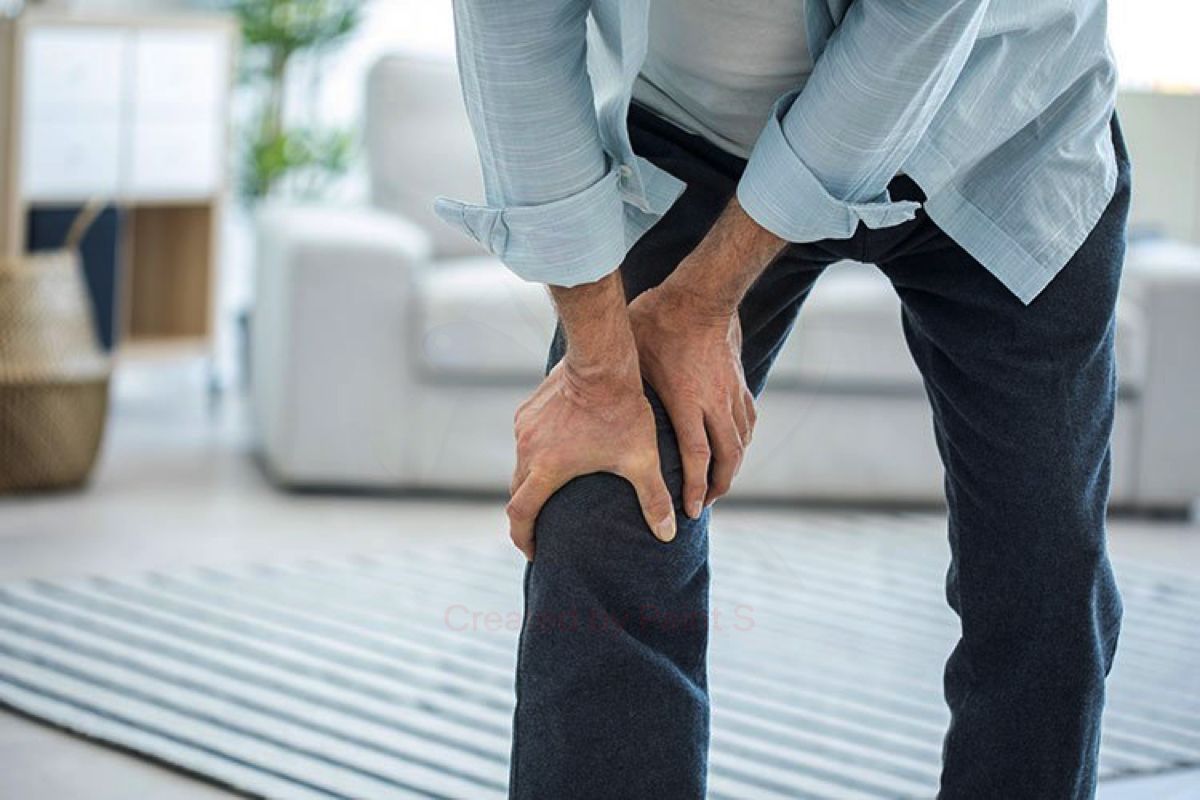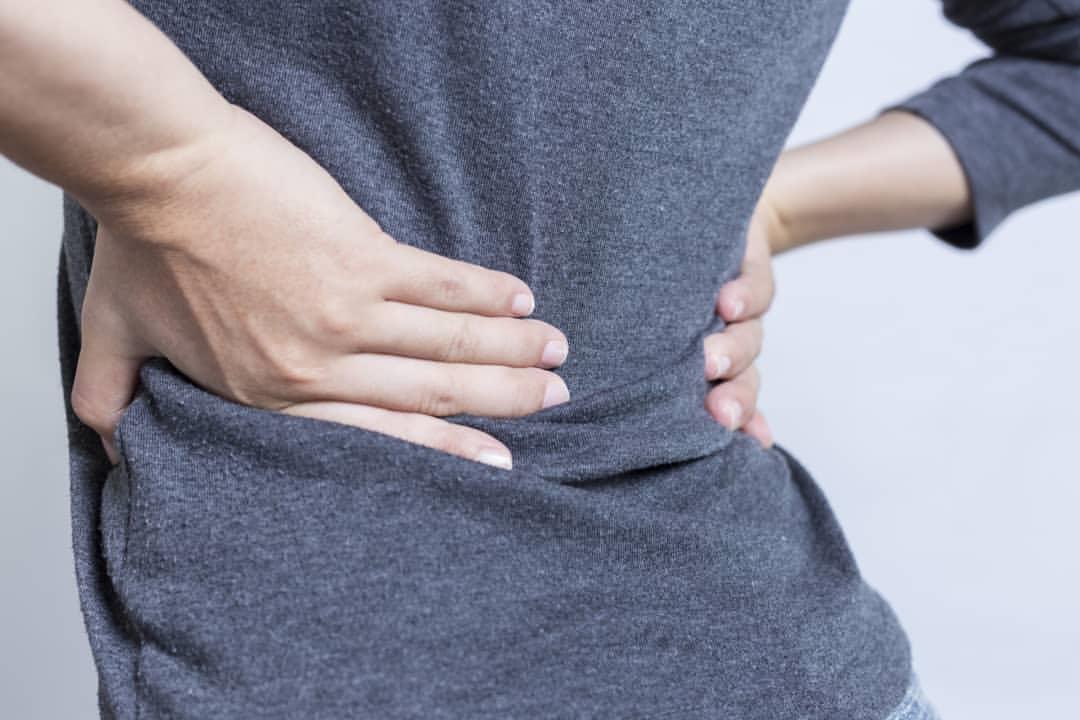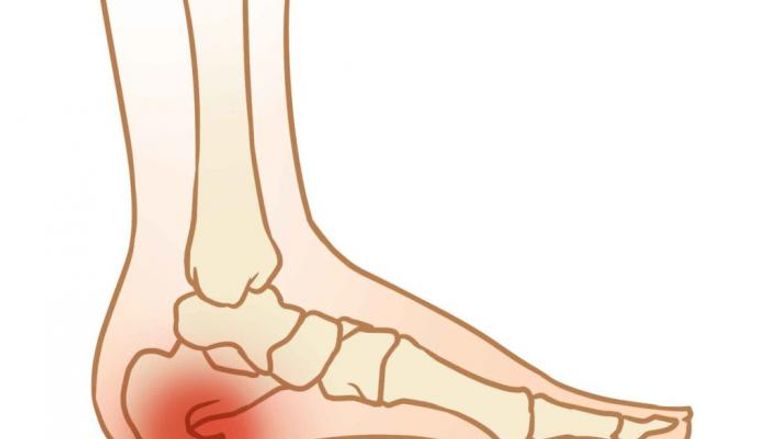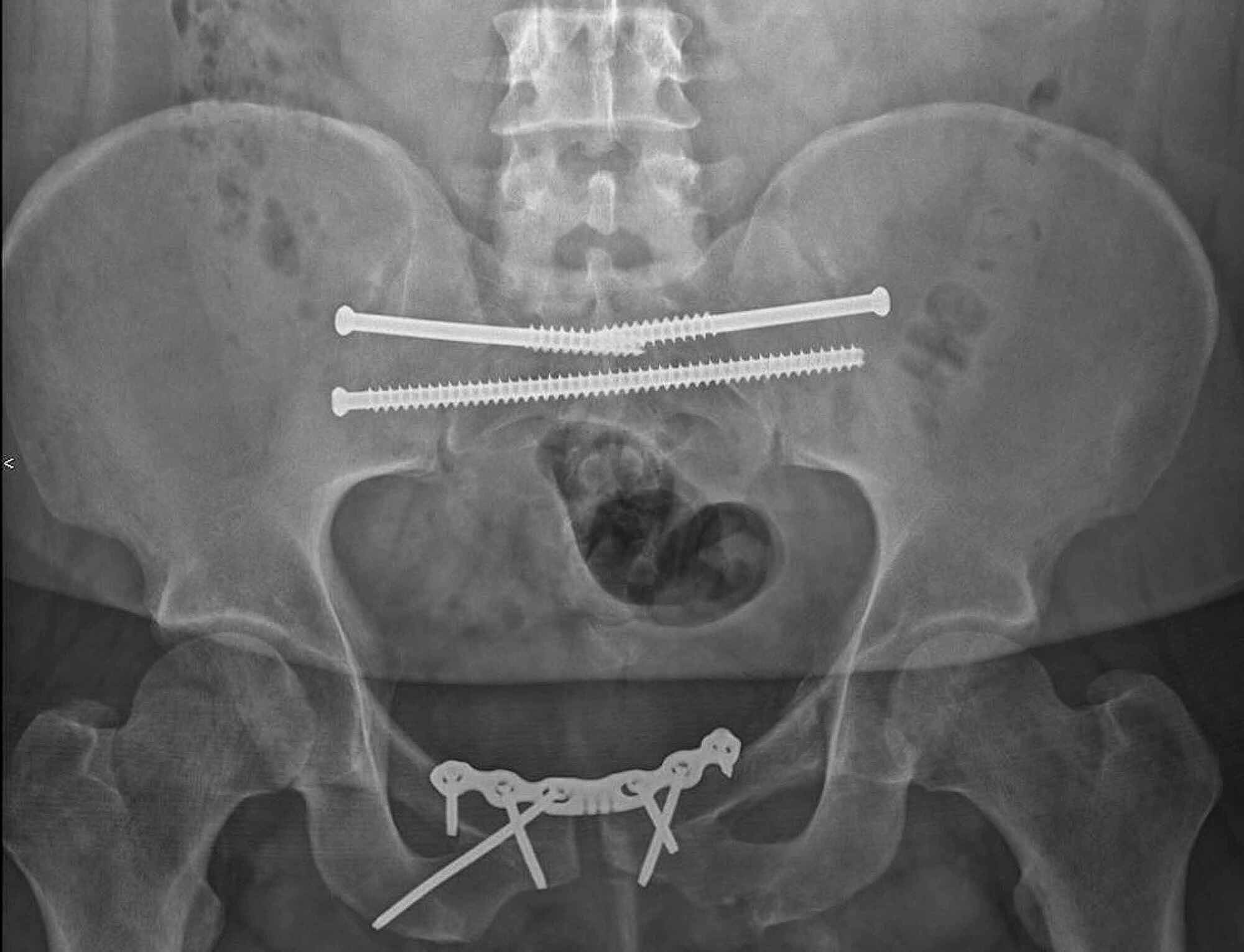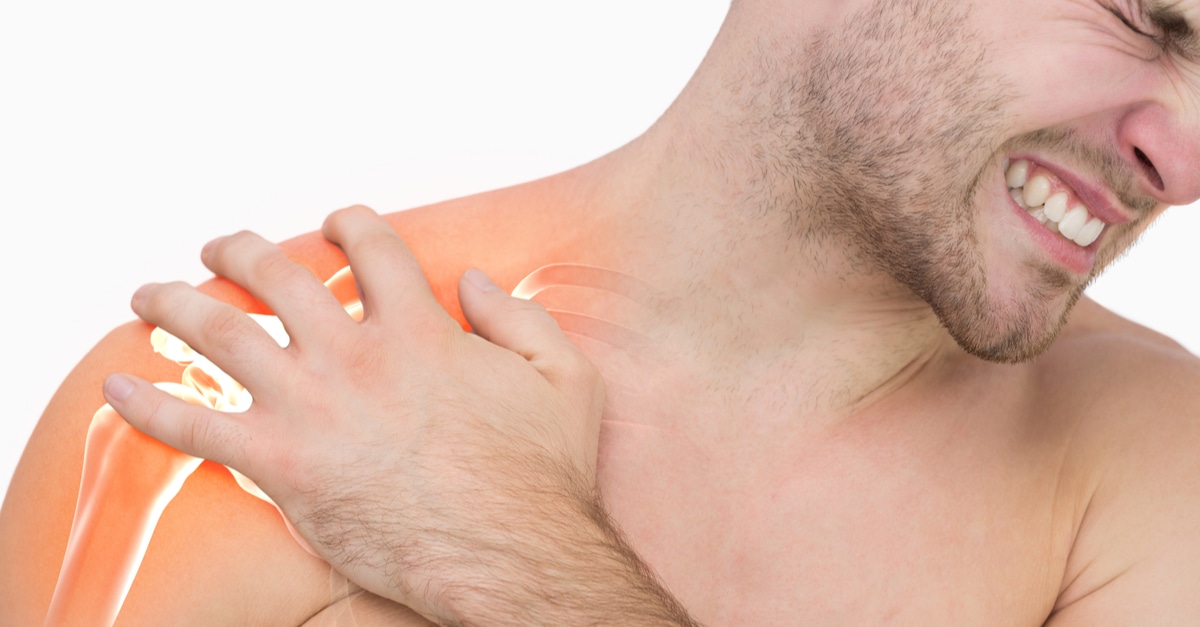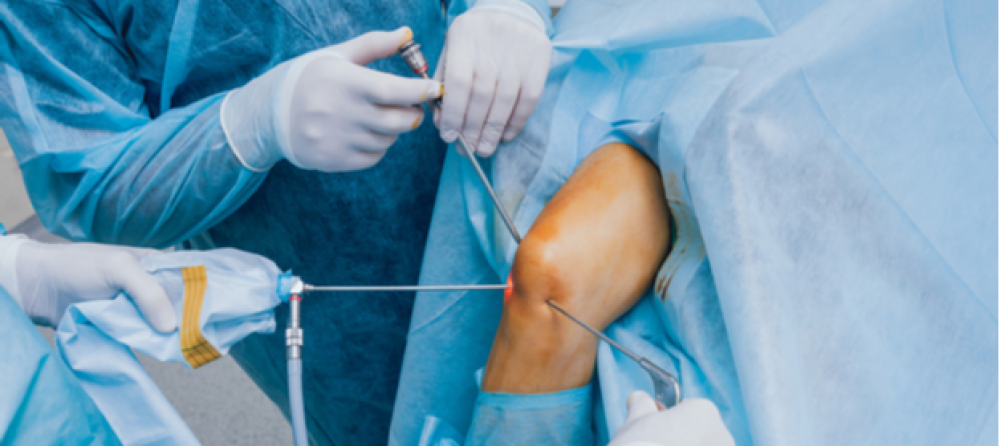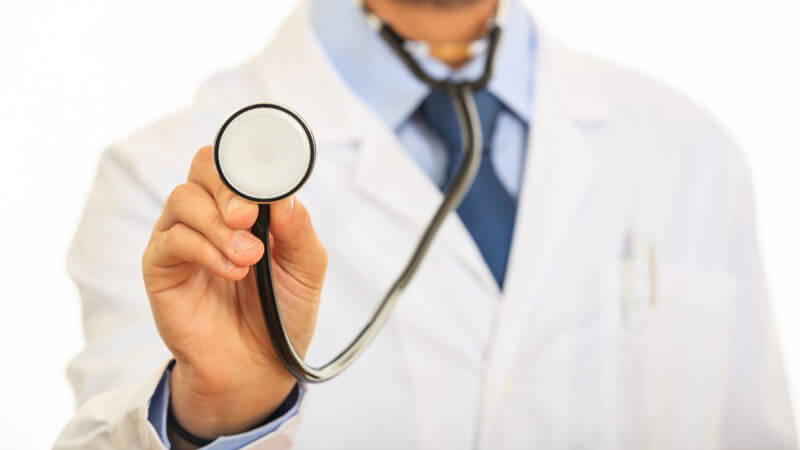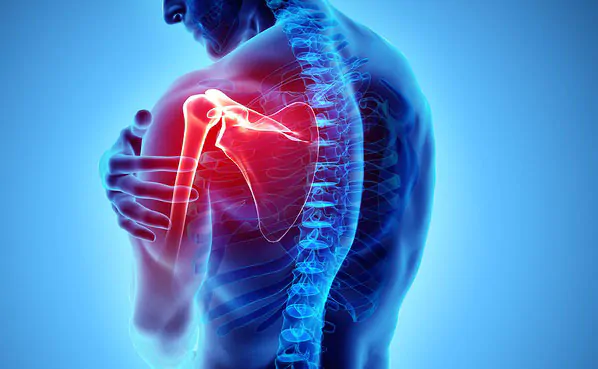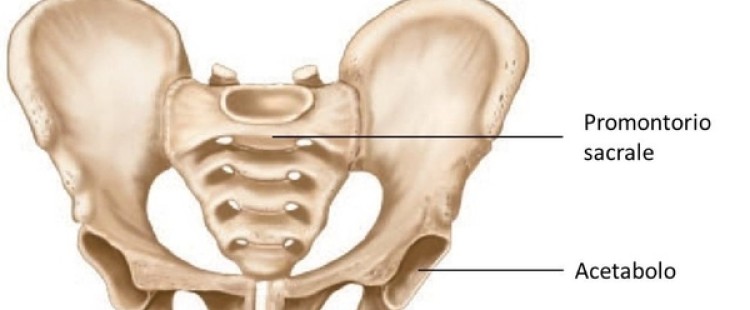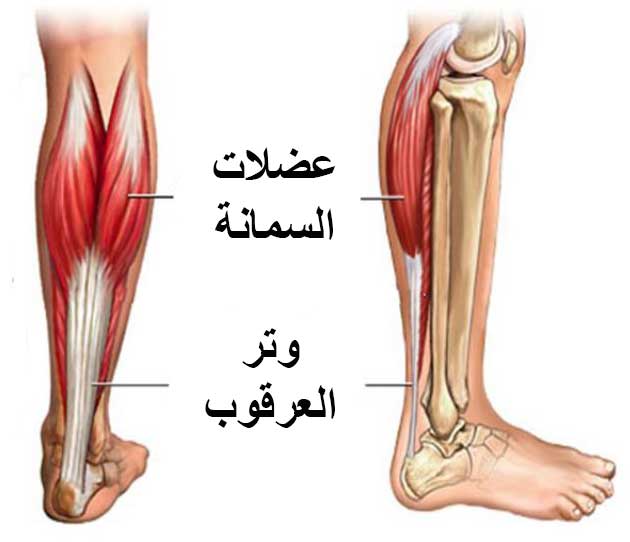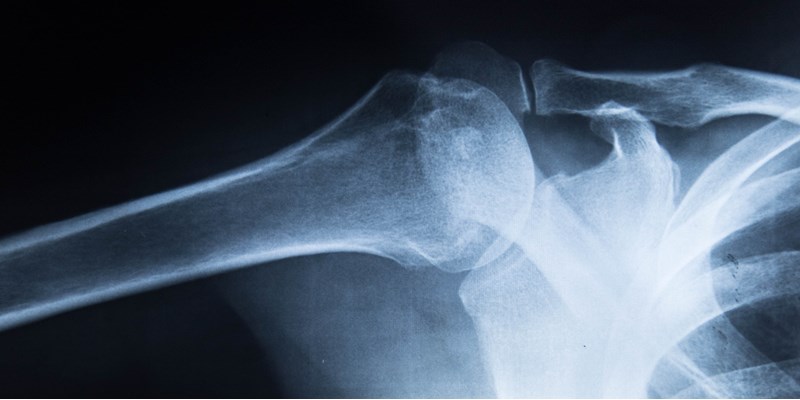What are the Symptoms of Disc Herniation? And Is Sitting Dangerous for the Patient?
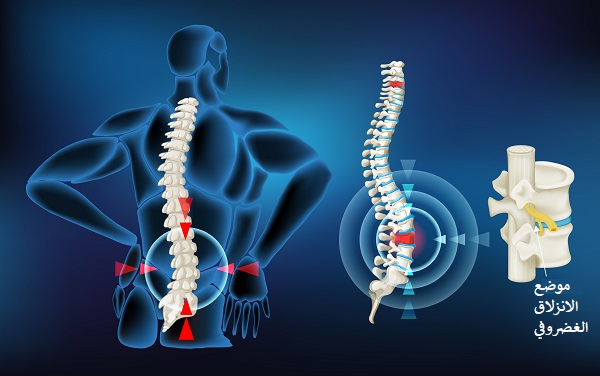
What are the symptoms of Disc Herniation?
- Persistent lower back pain: The patient may suffer from persistent and annoying pain in the lower back area, and its intensity increases with physical exertion.
- Stiffness in the legs or the presence of stiffness in the lower back: A herniated disc can cause the patient to feel stiffness in the leg muscles or the presence of stiffness and restriction in the movement of the spine.
- Feeling pain when pressure is applied to the lower back area: The patient feels sharp pain when pressure is applied to the lower back area, which may make him have difficulty sitting for long periods.
- Pain in the groin: Pain may spread from the back area to the groin, causing cramps and constant pain in the groin.
- Difficulty walking or standing for long periods: The patient may feel difficulty walking or standing for long periods due to pain and restricted spinal movement.
- Pain when bending: When the patient tries to bend or move his body in a certain way, he may feel sharp pain in the back or thigh.
- Feeling of tingling or numbness in the feet: The patient may suffer from a feeling of tingling or numbness in the feet as a result of irritation of the lumbar nerves.
- Neck pain, difficulty in moving the head: If the cartilage in the neck slips, the patient may feel pain in the neck and difficulty in moving the head.
Always remember that the symptoms of a herniated disc vary depending on the affected area, and although these symptoms are common, they are not the only ones and there may be various other symptoms that depend on the patient’s condition. If you feel any of these symptoms, it is best to consult your doctor to diagnose the condition and develop an appropriate treatment plan.
What are cartilage pain?
Many people suffer from cartilage problems in different parts of the body. Costochondritis and herniated disc are among the most common conditions. Perichondritis is a complex disease that causes acute inflammation of cartilage tissue and secondary damage to this tissue. The outer ear, nose, windpipe, eye, heart valves, and joints may be affected by costochondritis. Cartilage tissue is a barrier for the nose and windpipe and provides support to other parts of the body.
As for a herniated disc, it occurs in the lumbar region of the lower back or in the neck. A slip can cause pain that extends from the waist to the leg if it slips in the lumbar region of the lower back. In the event of a slip in the cervical area, a person may feel pain extending from the neck to the rest of the body.
Complications of costochondritis may appear late and vary from person to person. These complications may include vision, hearing, heart, lung, and balance problems, and may get worse over time. Organs that may be affected by costochondritis include: the vestibular system, hearing, ears, shoulders, fingers, knees, ankles, toes, and pelvis.
Unfortunately, there are no tests available to specifically diagnose costochondritis. Diagnosis is based on the presence of characteristic signs and symptoms. Costochondritis may be diagnosed when a person has three or more of the following features: vestibular dysfunction, hearing loss, tinnitus.
Although there is no cure for costochondritis, your doctor may be able to help you relieve symptoms and keep your cartilage healthy. You may be prescribed anti-inflammatory drugs to relieve pain, and physical therapy and appropriate exercises can be used to strengthen the muscles surrounding the cartilage. Paying attention to a healthy diet and staying away from factors that cause inflammation are also part of important self-care.
Is sitting a risk for a herniated disc?
Sitting for long periods of time and incorrectly can increase the risk of a herniated disc in the spine, a problem that affects the intervertebral discs between the vertebrae. Here are some important points:
- Sitting incorrectly: When sitting for long periods, if the sitting posture is not correct, there may be excess pressure on the intervertebral discs and nerves in the spine. The back should be supported and good posture maintained while sitting.
- Physical activity: Sitting for long periods can be associated with a lack of physical activity, and this can increase the risk of back problems. It is important to do regular exercise and physical movement to strengthen the dorsal muscles and maintain a healthy spine.
- Short breaks: It is a good idea to do short periods of standing and stretching during long sitting. These breaks can help relieve pressure on the spine.
- Auxiliary devices: Auxiliary devices such as back support pillows or chairs designed to relieve pressure on the spine while sitting can be used.
- Medical Evaluation: If you regularly experience back pain or spine-related symptoms, you should see a doctor or spine specialist for evaluation and appropriate medical advice.
In general, it is important to maintain correct posture and engage in regular physical activity to help prevent spinal problems, including a herniated disc.
Does a herniated disc affect the nerves?
After studying the available data, it can be said that a herniated disc greatly affects the nerves. A herniated disc occurs when the disc between the vertebrae bulges or separates, causing pressure on the nerves surrounding these discs. As a result, several negative effects on nerves and their functions can occur.
One common complication of untreated herniated disc is chronic back pain. Continuous pressure on the nerves causes severe or persistent back pain, and this can greatly affect the quality of life of the affected person.
Furthermore, some nerves can be permanently damaged as a result of constant pressure on them. This damage may lead to a loss of feeling or movement in certain parts of the body, disrupting the ability to carry out normal activities of daily living.
In addition, a herniated disc can cause muscle weakness and an inability to move normally. When a herniated disc occurs and puts pressure on nerves, it can narrow a person’s range of motion and restrict their overall mobility.
In order to prevent a herniated disc, it is recommended to follow some preventive measures. The most important of these measures is avoiding violent activities that cause injuries to the spine and making sure to sit and stand correctly. Maintaining a healthy weight and exercising regularly can also be beneficial for maintaining muscle strength and spinal flexibility.
What is the difference between a herniated disc and sciatica?
There is often confusion between a herniated disc and sciatica, but in reality, they are two completely different conditions. In this article, we will review the differences and differences between a herniated disc and sciatica in detail:
Disc Herniation:
- A herniated disc, also known as a disc, occurs when the gelatinous disc comes out of the discs between the vertebrae of the spine.
- A herniated disc causes pressure on the surrounding nerves, resulting in pain in the lower back area, and the pain may extend to the leg.
- The treatment period for a herniated disc takes a long time, as it requires physical sessions, medication treatment, and perhaps surgical intervention in more complex cases.
- A herniated disc may be a permanent problem, and in some cases, people may resort to surgery to relieve uncomfortable symptoms.
Sciatica:
- Sciatica, also known as sciatica, is a thrombosis or compression of the sciatic nerve, and is one of the problems of the sciatic nerve.
- Sciatica causes severe pain in the lower back area, which moves to the leg area, and is one of the main symptoms of this problem.
- Sciatica can be treated in a short period, in many cases, through physical therapy, relaxation techniques, and taking analgesic medications.
- Sciatica may be temporary and fade away spontaneously after a period of rest and necessary treatment.
How do I differentiate between back muscle pain and slippage?
Back pain is one of the common health problems that many people face, and there can be different reasons behind this pain. Among the most common causes of back pain are back muscle pain and herniated disc. But what is the difference between them? How can you distinguish between them? In this article, we will help you understand the difference between back muscle pain and a herniated disc.
the definition:
- Back muscle pain: Muscle strain occurs if there is an injury to the muscle fibers or the joint between the muscles and bones. Muscle tissue can be sprained during diastasis, and this pain may be related to muscle fatigue and lack of proper physical fitness.
- Herniated disc: A herniated disc occurs when the cartilage disc between the vertebrae ruptures. This herniated disc causes pressure on the nerves in the nearby area, and can cause severe pain and numbness in the lower extremities.
Symptoms:
- Back muscle pain: Muscle tension is often accompanied by pain in only one area in the lower back. The pain may be sharp and may be accompanied by a feeling of tension in the muscles. You may feel difficulty moving the affected joint and unable to use the muscles normally.
- Herniated disc: A herniated disc can cause severe pain in the back area, and you sometimes feel pain and numbness in one of the lower extremities. The pain may increase when bending forward and is relieved when returning to a standing position.
Diagnostic methods:
Before determining the difference between back muscle pain and a herniated disc, you may need to consult a doctor to get the correct diagnosis. Here are some tests that can be used to determine the difference between a muscle strain and a herniated disc:
- Careful examination: The doctor conducts a careful examination to evaluate your condition, and asks you to describe the symptoms you feel and point out any sensitive points in the back.
- X-rays: X-rays are used to check for any changes in the structure of the vertebrae, and this may indicate a herniated disc.
- Magnetic resonance imaging: Magnetic resonance imaging helps display detailed images of the back tissues, so the doctor can determine whether there is a herniated disc or any other causes of pain such as infections or fractures.
It is important to know that this information is based on online sources. If you suffer from back pain, it is best to consult a doctor to evaluate your condition individually and get the correct diagnosis and appropriate treatment for your condition.
treatment:
- Back muscle pain: Muscle strain may be treated by applying ice or heat to relieve pain and reduce swelling, doing muscle-strengthening exercises and improving flexibility, and avoiding activities that increase pain.
- Herniated disc: Treatment for a herniated disc depends on the severity of the condition and its impact on your daily life. The doctor may recommend physical therapy and muscle strengthening, or may use partial therapy or surgery in cases of severe slippage.
Does a herniated disc heal on its own?
Yes, a herniated disc can be cured, but you should know that recovery usually occurs through a gradual improvement of symptoms over several weeks to months. Symptoms may remain severe during this period of improvement and greatly impact daily life, which is why many believe that a herniated disc is a chronic, incurable problem.
Although the symptoms disappear, this does not necessarily mean that the herniated disc has healed and returned to normal. A change may occur in the cartilage, leading to its ingrowth or atrophy, thus alleviating the accompanying symptoms. It must be taken into account that recovery is not permanent and some cases may require surgery to completely get rid of the problem.
However, non-surgical treatments can be used to relieve the symptoms of a herniated disc. Non-surgical treatment focuses on relieving pain and includes the use of analgesic medications such as ibuprofen and naproxen. You can also do strengthening exercises for the abdominal and back muscles to relieve pressure on the cartilage.
In the end, you must adhere to the treatment plan specified by the specialist doctor and follow a healthy lifestyle and appropriate activity. Although a herniated disc can heal on its own to some extent, it is important to be patient and consistent in dealing with it and follow medical directions to ensure the best possible results.
How many days does a herniated disc pain last?
How long pain from a herniated disc lasts varies from person to person based on several factors. The pain may last for a short period of time, ranging from several days to a few weeks, or it may last for a longer period of time, up to several months. It depends on the characteristics and severity of the condition, as well as the treatment the person receives. The pain may gradually disappear during the recovery period after appropriate treatment begins, including taking analgesics to relieve pain and muscle relaxation.
It is important for the affected person to know that achieving complete relief from a herniated disc requires time and patience. After the initial period of recovery, a person can begin to gradually return to normal activities. It may be beneficial for a person to consult his doctor before resuming sporting activities or sports, to ensure that the condition does not worsen or cause any new damage to the spine.
A person experiencing pain caused by a herniated disc should begin collaborating with a healthcare team. The specific treatment prescribed by the doctor may include cortisone injections into the affected area, taking painkillers to relieve pain, in addition to physical therapy sessions to strengthen the muscles surrounding the spine.
It is also essential that a person strictly follows the instructions of his treating physician and adheres to the prescribed treatment. A person may need frequent consultations with their doctor to evaluate the progress of healing and ensure their response to immediate treatment. A person should contact their doctor if pain becomes more severe or persists for a long time after starting treatment.
Advice for those suffering from a herniated disc?
Herniated disc is one of the diseases that greatly affects the lives of patients. A herniated disc may be painful and annoying, so the patient needs to follow advice that enables him to live with this disease. For this reason, we have prepared this list as a comprehensive guide for every patient suffering from a herniated disc. You can keep this list for yourself or share it with people suffering from this disease for widespread benefit.
Here are some important tips for patients suffering from a herniated disc:
- Protect your back while sleeping: It is recommended to sleep on your back or on your side with a small pillow between the knees to support the spine.
- Make sure to walk: Walking is a simple and beneficial exercise for patients with a herniated disc. Walking helps improve movement between the vertebrae and reduces herniated disc herniation.
- Provide comfort to your spine: Keep the things you need next to you, such as books, mobile phone and other supplies, to avoid excessive movements.
- Choose a suitable work chair: Find a comfortable chair that provides the necessary support for your spine. The chair should be ergonomically configured and have correct curves, side support and adequate ventilation.
- Stretch your back: Stretch your back and do a stretch every half hour of sitting. You can place your hands behind your back and lean back to relieve pressure on the cartilage and reduce the symptoms of a herniated disc.
- Avoid loading heavy objects: It is recommended not to bend over to pick up heavy objects. If you need to pick up something heavy, gently bend at your knees and use leg strength rather than back strength.
- Make sure to be comprehensive in your exercises: You can practice different exercises appropriate to your health condition. Swimming, walking, and yoga are beneficial exercises for patients with a herniated disc.
These tips have been carefully compiled based on scientific experiments and the good results achieved by most of our patients. It also depends on our experience in dealing with patients and living with the disease in the long term. We seek to publish this list so that it benefits all patients in the Arab world. Therefore, please share it with others to benefit and contribute to improving the lives of herniated disc patients.
Does a herniated disc cause frequent urination?
Yes, in advanced cases of lumbar disc herniation, the herniation may cause disturbances in the urination process. This occurs as a result of a defect in the nervous mechanism responsible for urination. If there is pressure on the nerve roots caused by a herniated disc, problems can occur in regulating and controlling urination.
Disorders that can occur include frequent urination at night, delayed urination, and disruption of urination. Patients may have difficulty controlling urination, and this can cause bedwetting.
Furthermore, patients with a herniated lumbar disc may notice difficulty standing for long periods or walking long distances. These symptoms occur as a result of the pressure of the herniated discs on the nerve roots that originate from the spinal cord, which leads to tension in the back muscles and nerves.
If you suffer from frequent urination at night and you have problems regulating the urination process, it is recommended to visit a doctor to evaluate your condition and diagnose it correctly. Treatment depends on the severity of the condition and can include a conservative approach and rest, along with analgesic medications and therapeutic exercises. If symptoms do not improve, surgical treatment may be required to remove the damaged cartilage and repair the normal shape of the vertebrae.
It is important that you consult your specialist doctor to accurately evaluate and diagnose your condition, and to provide you with the appropriate treatment for your individual condition.
The best doctor for arthroscopic herniated disc surgery
Below is detailed information about the best doctor for arthroscopic herniated disc surgery in Egypt, Dr. Amr Amal :
- Dr. Amr Amal is a consultant orthopedic surgeon specializing in treating herniated disc in Egypt. Dr. Amr Amal uses many therapeutic methods to treat a herniated disc, including non-surgical and surgical methods.
- Dr. Amr Amal deals with many problems related to the spine, such as degenerative disorders, spinal stenosis, spinal sprains, and pressure on the spinal cord and spinal nerve roots.
- Dr. Amr Amal uses various therapeutic methods to treat joint stiffness and pain, including drug therapy, local injections, and arthroscopic surgery.
- Dr. Amr Amal is an excellent choice for people who suffer from herniated disc pain and are looking for a painless solution. Dr. Amr Amal has the experience and knowledge necessary to diagnose your condition and provide you with the optimal treatment.
- You can contact Dr. Amr Amal for advice and inquiries related to the arthroscopic herniated disc operation, the duration of treatment, and the necessary care after the operation.
- There are many doctors who specialize in treating arthroscopic disc herniation in Egypt, but Dr. Amr Amal is known for his experience and specialization in this field.
- Dr. Amr Amal has a good reputation among patients and has positive reviews from people who have undergone his treatment.

